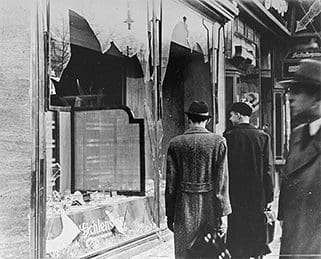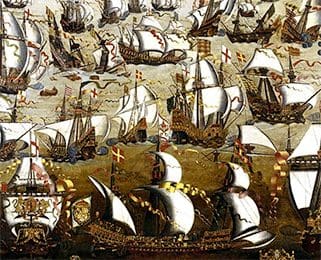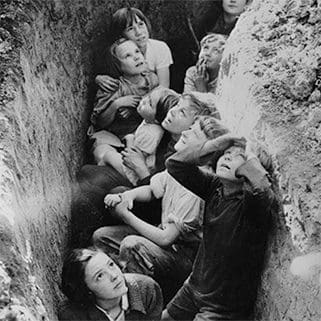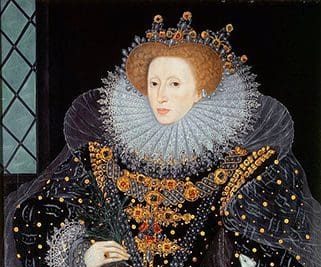
What does greater depth mean in history?
So, we all know it doesn’t just mean knowing more stuff. We also know its not like mastery in mathematics. Perhaps these 8 characteristics might help your thinking:
1. Independence
Expecting pupils to show initiative, not just in their research but also in applying ideas that have already been covered. Pupils don’t need to be held back. They can apply the ideas without recourse to the teacher. See lesson KQ6 on Iron Age where pupils using arrange of sources to try to work out what happened at Maiden castle
2. Confidence
e.g. when finding solutions to historical problems and mysteries. Rather than being fazed by a paradox, they thrive on trying to resolve the puzzle e.g. how the tiny Athenians army was able to defeat the Persians at Marathon, or why the Mayan empire came to an end so abruptly.
3. Application
to a range of different periods of history (comparing Ancient Egypt with other ancient societies to see what 5 things they had in common) and to other areas of the curriculum ( see lesson on Tudor palaces: more glass than wall for an example of links with mathematics)
4. Authority:
Opportunity to evaluate and critique others’ work e.g. see lesson on pupils evaluating the BBC video clip on evacuation or the one summarising the achievements of the Ancient Greeks
5. Command
Ability to synthesise lots of disparate pieces of information and bring them into a coherent shape. (see lesson on World War Two when pupils have to be museum curators deciding which items best illustrate the hardships of WW2. Hard choices require deep thinking
6. Re-visiting
Earlier periods of the past to make connections over time. How similar were Tudor theatres we studied in Y4 to the Ancient Greek ones we are looking at in Y6?
7. Explanation,
Principally to others. How can we explain to someone who wasn’t there why the Saxons were able to see off the Viking threat? How would you explain this to a child in an earlier key stage? Pupils in role as Mantle of the Expert.







